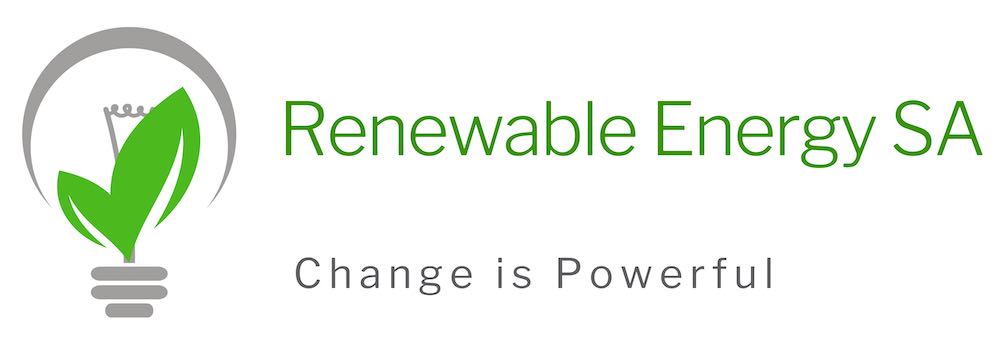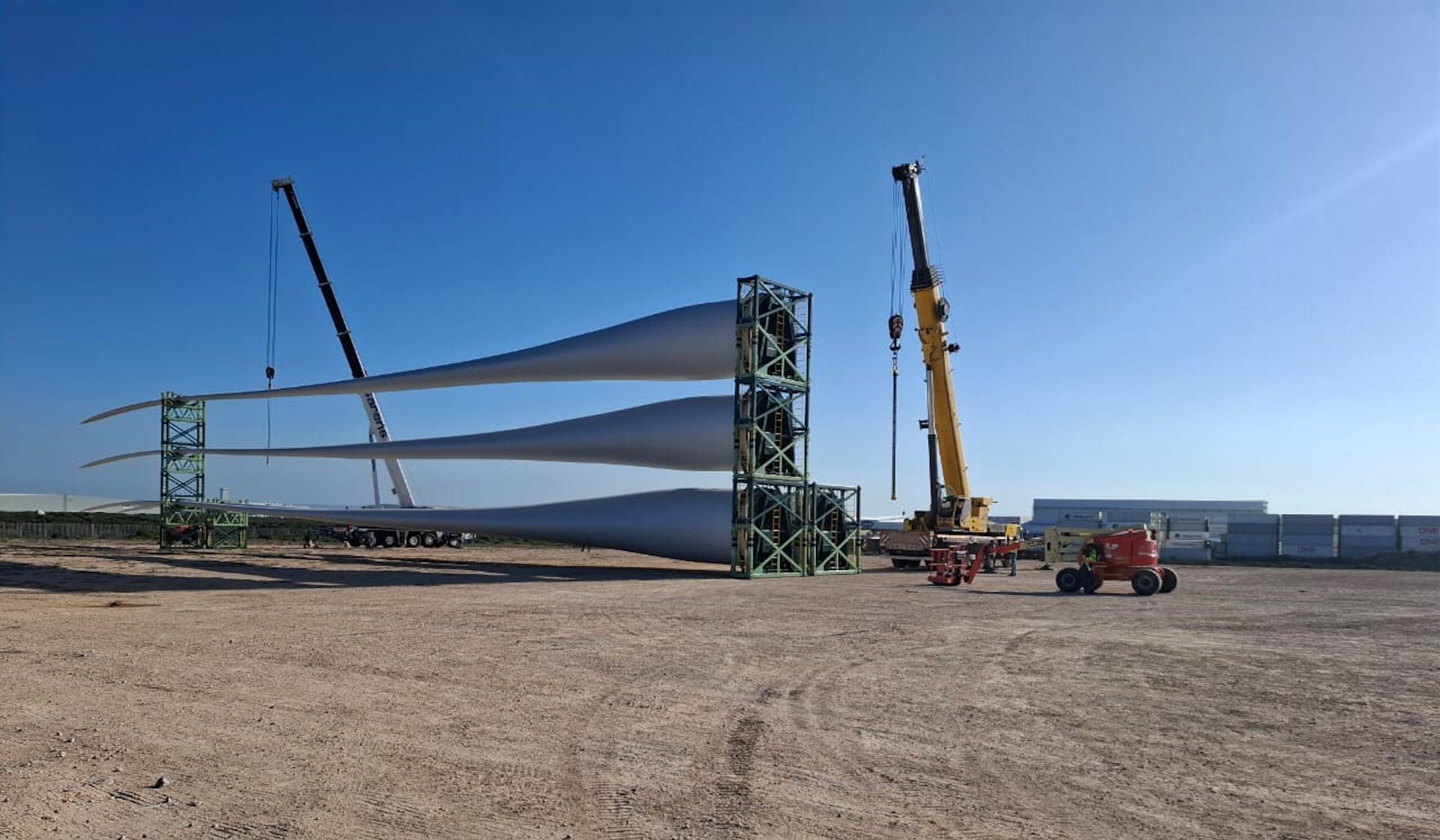BTE Renewables announced today the release of its first annual Sustainability Report, highlighting its sustainability and ESG performance in 2021 and progress on its sustainability strategy goals.
“This inaugural sustainability report is a culmination of a great deal of work dedicated to building a sustainability strategy and delivering results. We pride ourselves on our performance across the various aspects of sustainability, including our people, the communities in which we operate, our commitment to the environment and biodiversity, as well as ensuring ethical and responsible behaviour in all that we do,” explained Libby Hirshon, BTE Renewables Sustainability ESG Director.
In keeping with BTE’s Sustainability and ESG goals, a three-year strategy was established as of 2020, which comprises of developing a comprehensive Environmental and Social Management System (ESMS) to ensure consistency and integration of their ‘Environment and Social’ commitments. The application is managed and monitored through a strong ESG governance structure, comprising of the ESG Board Sub-Committee; a dedicated ESG Director; and a sustainability team. The team encompasses professionals across different disciplines of environmental management, social performance, human resources management, economic development, and health and safety management.
“We are proud to play a role in Africa’s energy transition to renewable power and are committed to ensuring that BTE Renewables plays a role in ensuring the ‘Just Energy Transition’. Hence, we are cognizant of our responsibility to contribute energy access for the people of Africa, and ensure that this is achieved in a way that fully considers the impacts on the environment, society, biodiversity and the economy in which we operate,” said Robert Skjodt, CEO of BTE Renewables.
In their commitment to sustainability, BTE Renewables provides clean energy to African economies by supplying 284MW and 100MW to the South African and Kenyan grids, respectively. Moreover, BTE Renewables produces clean energy while considering its various stakeholder groups, as well as broader sustainability considerations and opportunities offered by the African renewable energy industry, and more broadly through alignment with the Sustainable Development Goals.
“We are committed to demonstrating leadership in responsible renewable energy investment across Africa, harnessing opportunities for long term transformational impact in the communities and countries in which we operate and setting an example for the effective management of our environmental and social impacts,” concluded Hirshon.
https://bterenewables.com/wp-content/uploads/2022/03/BTE-Renewables-Sustainability-Report-2021.pdf

